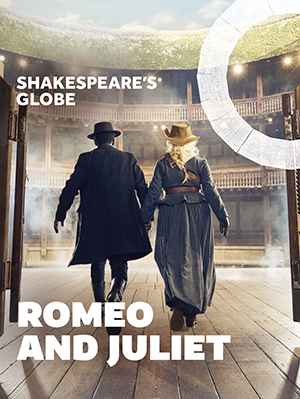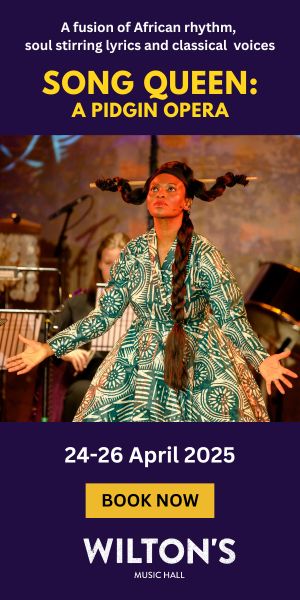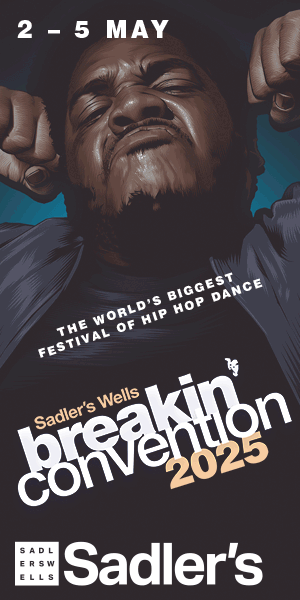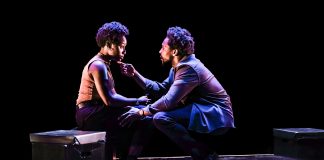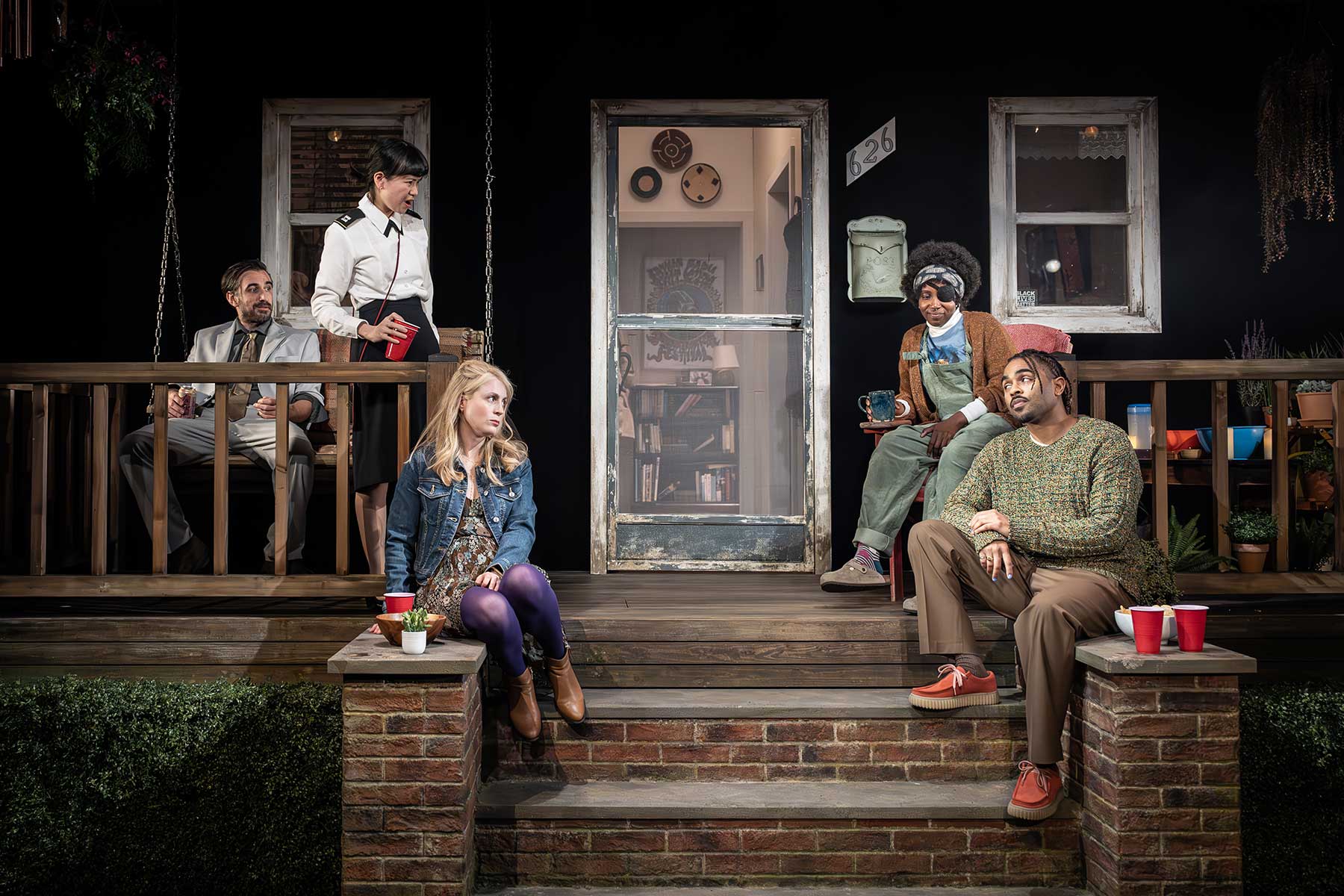
Theatre is a tricky art-form, in that it often posits ideas of grand design, greater purpose, fate, destiny, and cause-and-effect through otherwise mundane acts, popular conventions or easily identifiable lenses.
Whether engaging with Greek fables, Biblical testaments or plays by Shakespeare, Ibsen or Arthur Miller, the dramatic conceits that energise and enliven mankind’s need to answer the ‘existential questions’ remain relatively simplistic.
In this way, playwright Branden Jacobs-Jenkins binds his existential tale to a familiar trope: the ‘high-school reunion’. What can make a group of disparate individuals question their own identities, life-choices – their own sense of self – more than to undertake an unchartered group-trip down memory lane?
Even the most self-assured person might well question themselves when placed together in a room full of folk with whom the most common trait shared are ties to a time long-gone by (when no-one now present was yet fully-formed).
To then give those ‘halcyon days’ – for the time that brief gathering lasts, at any rate – precedence when attempting to answer the questions ‘How did I get here?’, ‘Who am I?’ or ‘Am I happy?’ is a recipe for much tension, if not… drama.
The playwright has created a rich furrow to plough; one in which the ‘unseen guest’ – Death – can narrate with precision, humour and alacrity – skipping between characters gleefully, as he/she fills in the gaps (for the audience) of both narrative and contextual threads.
And yet, the writer – and his onstage interlocutor Death – engage in a neat double-bluff.
This is no dark ‘cabin-in-the-woods’ fable of revenge; nor is it a metaphysical suspense/ horror about the well-executed demise of one (or more) of the play’s ‘rotten apples’.
On the contrary, it is a well-measured discussion about life’s myriad possibilities; the joy, pain, regret and or shame that can emanate from any aspect of each of these outcomes at any time.
The writer’s use of Death, as a specific lens through which the audience can focus in on each character’s coping strategy, is a clever and well-realised theatrical device.
Set in middle America, the play starts off with Emilio (Anthony Welsh) turning up at the remote cottage of Ursula (Tamara Lawrance), an ex-professional living alone and coping with ongoing medical issues. Working as a professional writer, Emilio has travelled from Berlin (where he has emigrated), to revisit/ reform their ostensibly tightly-knit group, prior to an official ’20 year high-school reunion’ soiree.
Although Ursula is hosting the initial meet-up – as well as providing the location for the imminent ‘ironic’ limousine – she initially makes it clear she is not going (although she changes her mind later).
The other guests/ peer-group turn out to be Caitlin (Yolanda Kettle), a garrulous blonde with two children, Kristina (Katie Leung), an over-worked anesthetist with too many kids and patients taking up her limited time, and Paco (Ferdinand Kingsley).
One of the original members of the gang – Simon – is ‘unable to attend’, although he eventually makes himself heard via a speaker-phone call (also voiced by Kingsley).
Paco is the odd-one out, as he was never actually a part of the official ‘group’; a fact constantly referenced by Emilio, who seems to hold it against him (or perhaps he has different reasons).
All of the characters, aside from Emilio, still live and work in the same area in which they grew up.
This creates tension, as it’s clear that Emilio has a different perspective on certain events witnessed and/ or shared with various other fellow ‘former peers’. This becomes increasingly evident as it becomes clear that he once dated Kristina, once ‘fancied’ Ursula and – for sinister reasons only alluded to – once felt increasingly protective of Caitllin.
The dialogue and monologues are funny, sad, poignant, insightful and absurd at times; exactly what one might expect when perfect strangers reconvene (under the cover of ‘close prior connections’) after many years and with a high-brow narrator overseeing events.
Eric Ting’s Direction is unfussy; allowing the actors sufficient time and space to introduce themselves. Rebecca Clarke Carey deserves plaudits for overseeing the accent-work, while Arnulfo Maldonado’s set and Natash Chiver’s lighting work beautifully together.
Leung and Welsh are both excellent, although all of the cast are superb; each getting a chance to emote as both their main characters, and as a mouthpiece for Death (the conceit being that Death may inhabit any physical entity in order to gather information on the curious case of the human condition).
Ultimately, this is an insightful play about the many roots, branches, flowers and fruits (some more ‘low-hanging’ than others) that emanate from the ‘tree of life’.
It’s also a reminder that – with a certain ‘unseen guest’ always lurking – it’s probably not a good idea to use a former stage in one’s life to second-guess, sabotage or stymie one’s present-day life-line.
Need to know: The Comeuppance plays at Almeida Theatre until 18 May 2024
























